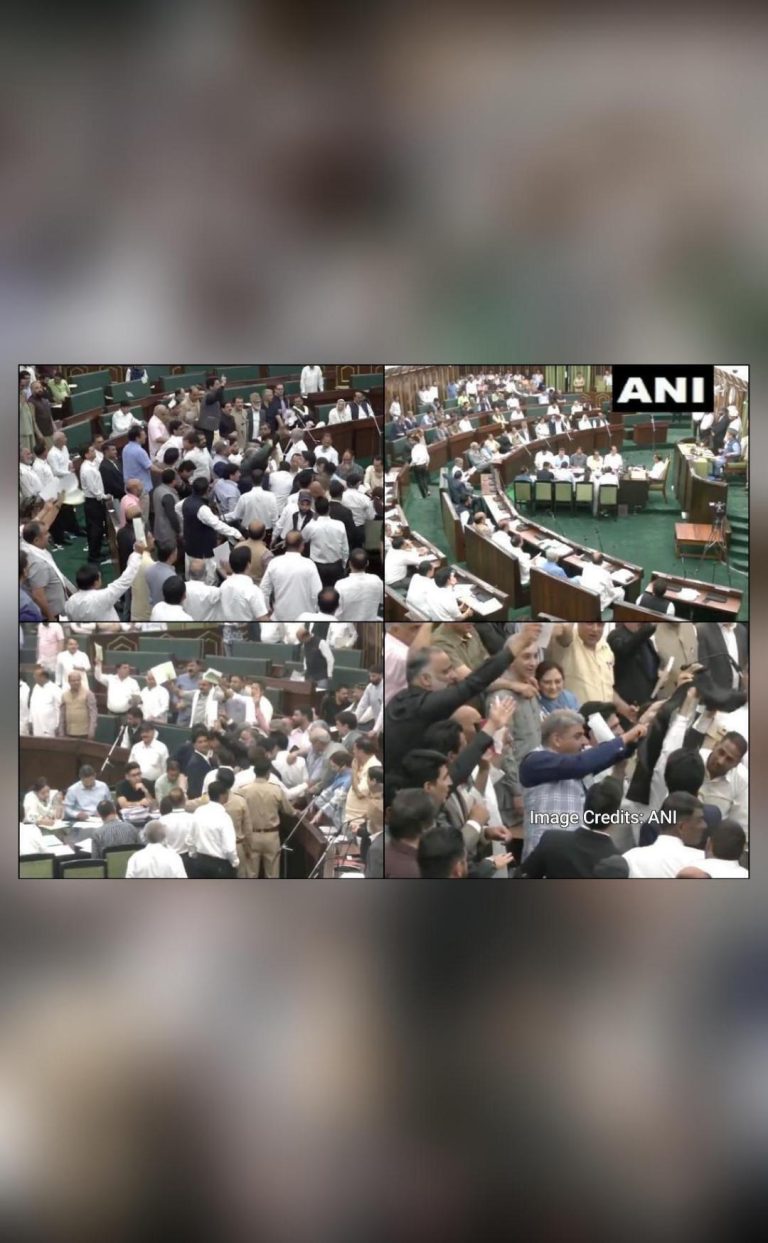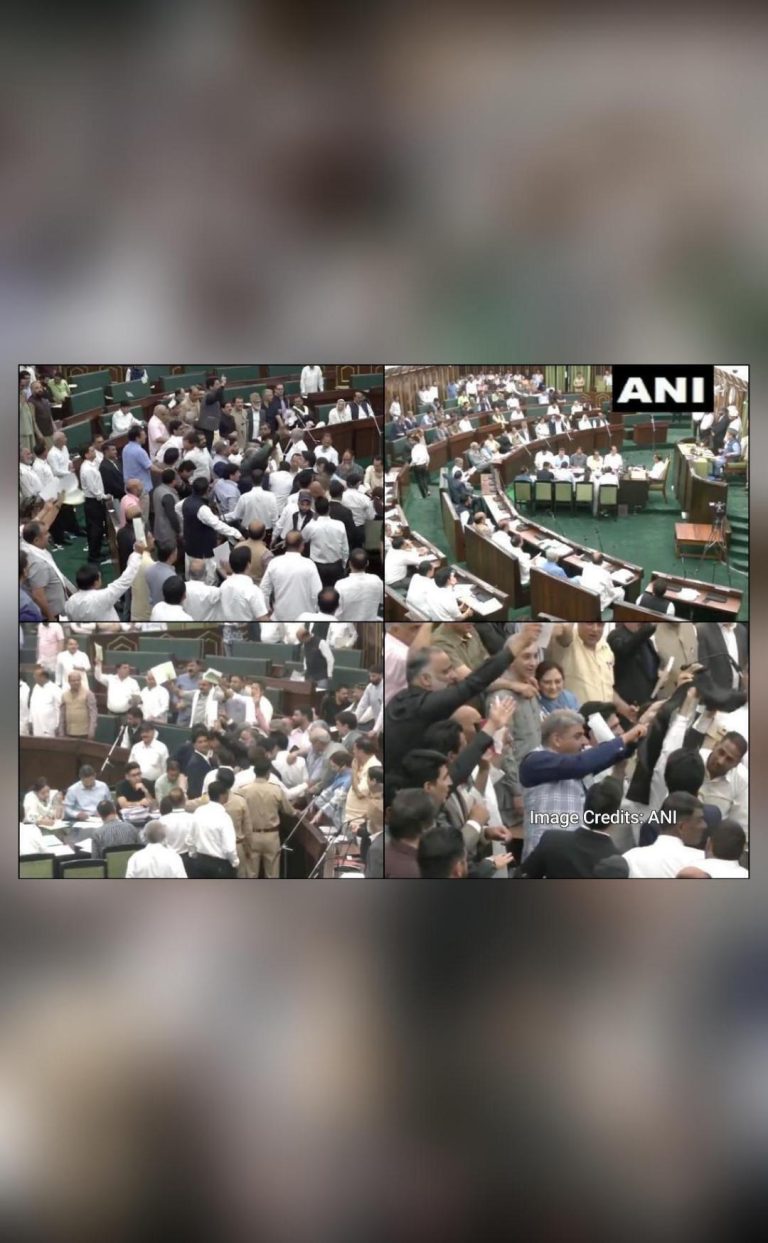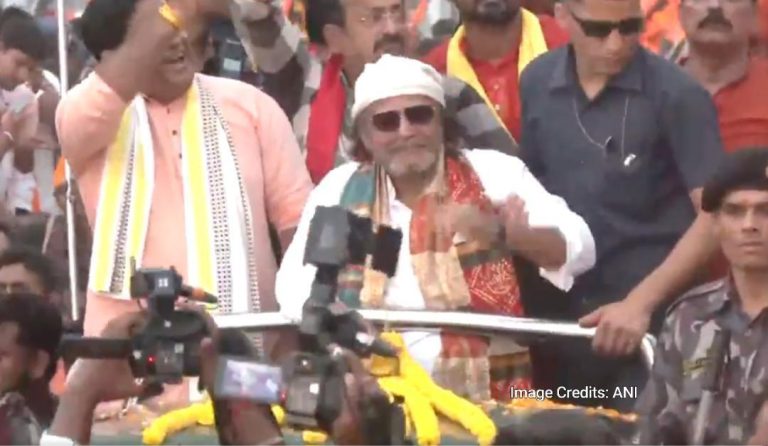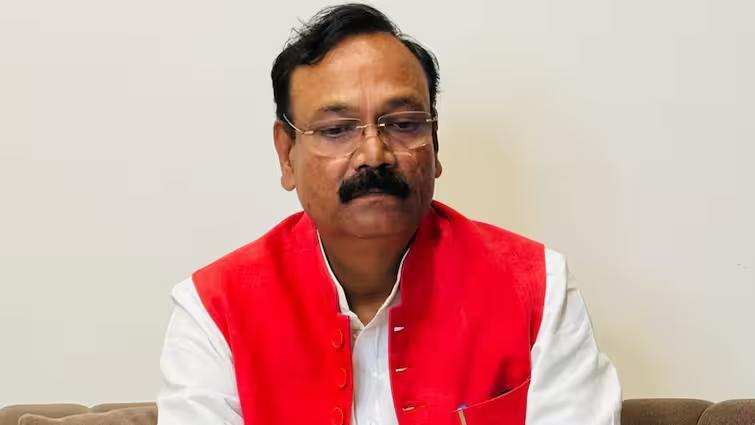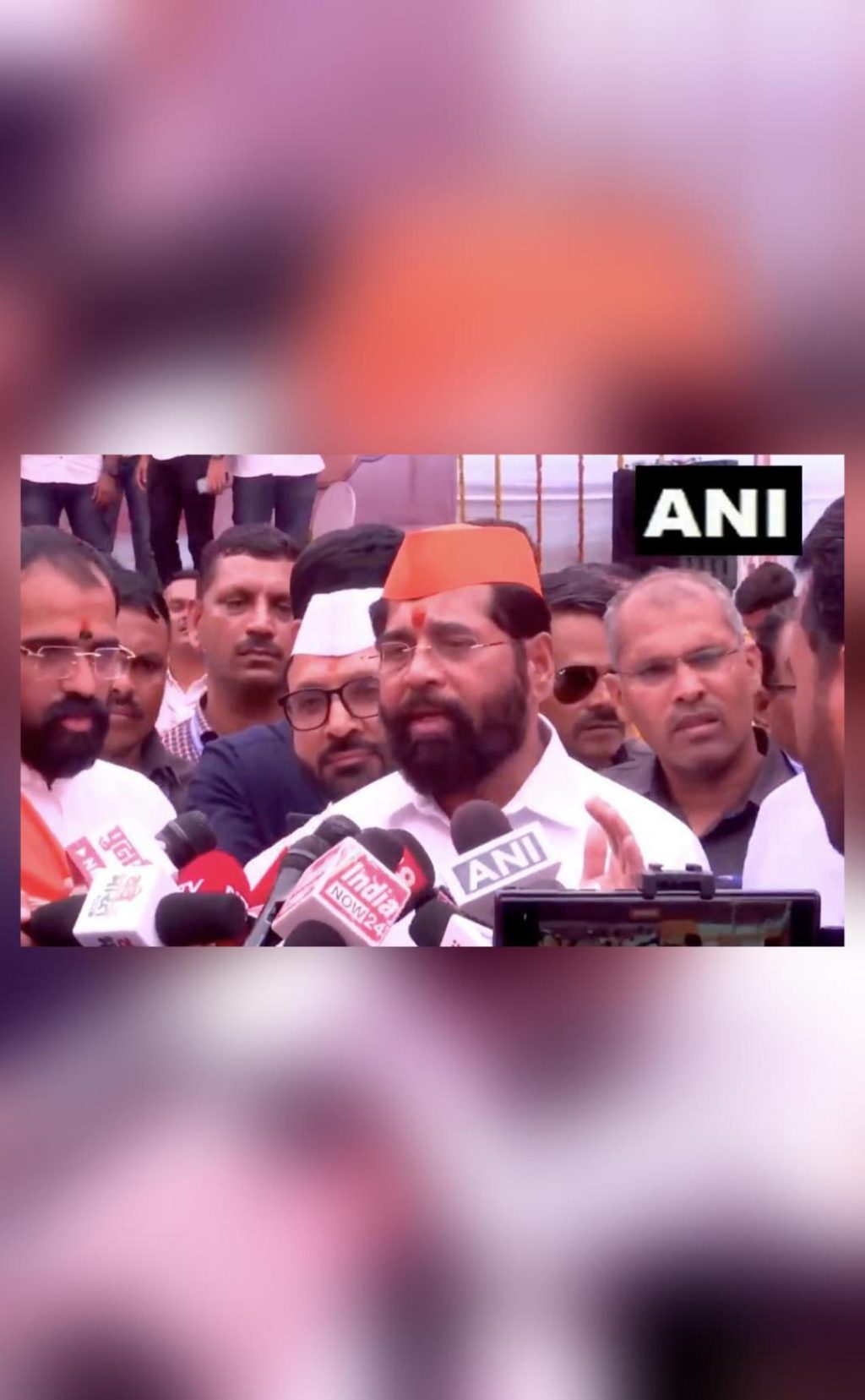
Opposition’s Stomach Aches: Shinde on ‘Saugat-e-Modi’ Kits
The ‘Saugat-e-Modi’ kits distribution scheme, initiated by the Maharashtra government, aimed at providing essential items to Muslims during the holy month of Ramzan. The scheme’s objective was to support the community during the festive season and to promote unity and harmony. However, the Opposition parties have been criticizing the scheme, claiming it is part of a political strategy to appease a particular section of society. Reacting to these criticisms, Maharashtra Deputy Chief Minister Eknath Shinde recently made some pointed remarks that have sparked a fresh controversy.
Speaking to the media, Shinde said that the Opposition’s “stomach aches” when they see people of every religion, including Muslims, benefiting from the ‘Saugat-e-Modi’ kits. He added that these same parties had spread false propaganda during the Lok Sabha elections, claiming that the Constitution would be changed, and now they are accusing Prime Minister Narendra Modi of favoring a particular community.
It is essential to understand the context and implications of the ‘Saugat-e-Modi’ kits scheme. The distribution of these kits, which include essential items such as ration, clothing, and other necessities, is a humanitarian effort aimed at supporting the Muslim community during Ramzan. The scheme is not limited to a specific section of society, but rather is an inclusive initiative that aims to promote unity and harmony among all communities.
The Opposition’s criticism of the scheme is rooted in their political ideology, which is based on the notion that the government’s efforts to support a particular community are a form of “appeasement.” However, this criticism is misguided and misinformed. The ‘Saugat-e-Modi’ kits scheme is not an attempt to appease one community over another, but rather a humanitarian effort that aims to support those in need, regardless of their religion or caste.
Shinde’s remarks are a reflection of the frustration and disappointment felt by the government towards the Opposition’s criticism. The government has consistently maintained that the ‘Saugat-e-Modi’ kits scheme is a humanitarian effort aimed at promoting unity and harmony among all communities. The criticism from the Opposition is not only unfair but also divisive, as it encourages communal polarization and creates unnecessary controversy.
It is essential to recognize that the ‘Saugat-e-Modi’ kits scheme is not a new initiative, but rather an extension of the government’s existing efforts to support the Muslim community during Ramzan. In the past, the government has distributed similar kits to support the Muslim community, and this year’s scheme is part of that ongoing effort.
The Opposition’s criticism of the scheme is also rooted in their political strategy to attack the government on any issue that can be used to tarnish its image. The ‘Saugat-e-Modi’ kits scheme is a non-issue, and the Opposition’s criticism is an attempt to create a controversy where none exists. The government’s efforts to support the Muslim community during Ramzan are a humanitarian effort that should be recognized and appreciated, rather than criticized and politicized.
In conclusion, the ‘Saugat-e-Modi’ kits scheme is a humanitarian effort that aims to support the Muslim community during Ramzan. The scheme is not limited to a specific section of society, but rather is an inclusive initiative that aims to promote unity and harmony among all communities. The Opposition’s criticism of the scheme is misguided and misinformed, and Shinde’s remarks are a reflection of the frustration and disappointment felt by the government towards the Opposition’s criticism.
As we move forward, it is essential to recognize that the ‘Saugat-e-Modi’ kits scheme is a humanitarian effort that deserves our support and appreciation. Rather than criticizing and politicizing the scheme, we should focus on promoting unity and harmony among all communities. By doing so, we can create a more inclusive and compassionate society that recognizes the value of every individual, regardless of their religion or caste.
